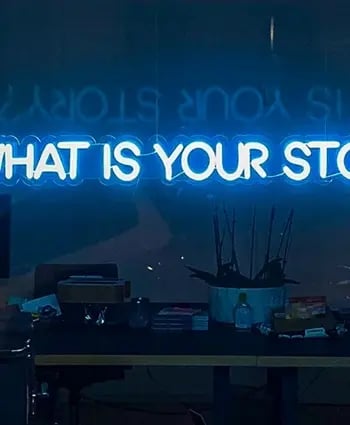Types of video production cameras
Explore the different types of video production cameras and find the perfect fit for your filming needs.
If you're ready to dip your toes into the world of video production, one of the most crucial pieces of equipment you'll need is a camera. But with the myriad of options out there, how do you pick the one that's right for you? Let's explore some of the main types of video production cameras and what they bring to the table.
1. DSLR and Mirrorless Cameras
DSLR (Digital Single Lens Reflex) and mirrorless cameras are the go-to options for many videographers. They're versatile, portable, and offer excellent image quality. You can switch out lenses on these cameras, giving you tons of flexibility when it comes to framing and perspective.
DSLR cameras use a mirror mechanism to direct light from the lens to the viewfinder. When you press the shutter button, the mirror flips up, the shutter opens, and the light hits the image sensor.
On the other hand, mirrorless cameras don't have this mirror mechanism. Instead, the light passes directly onto the image sensor, which displays the image on the rear screen. Because of this, mirrorless cameras are generally smaller and lighter than DSLRs, making them great for on-the-go shoots.
2. Cinema Cameras
Cinema cameras are the big guns. They're primarily used in the film industry and are ideal for high-quality video production. These cameras can capture a wide range of colors and have a higher dynamic range, which means they're great at dealing with both extremely bright and extremely dark scenes.
Cinema cameras also have interchangeable lenses, allowing for a wide range of creative choices. But remember, they're bulkier and more expensive than other types of cameras, and they often require additional gear like rigs, external monitors, and audio equipment.
3. Camcorders
Camcorders have been around for ages, and they're still a viable option for video production. They're compact, easy to use, and often include features like zoom lenses and in-built microphones.
While they don't offer the same image quality as DSLRs, mirrorless, or cinema cameras, camcorders are perfect for long recordings, like concerts or conferences, thanks to their long battery life and large storage capacity.
4. Action Cameras
Action cameras are the compact, rugged companions you'll want for capturing high-paced, intense footage. Whether you're skydiving, surfing, or mountain biking, these cameras can handle it all.
Popular models like GoPro are well-known for their small size, wide field of view, and durability. However, keep in mind that they lack some features found in other camera types, like interchangeable lenses or large sensors.
5. Smartphone Cameras
You can't talk about video production cameras without mentioning smartphones. Nowadays, the camera quality on high-end smartphones rivals that of some dedicated cameras. They're always with you, incredibly convenient, and the video quality is more than good enough for social media and some professional applications.
From built-in image stabilization to 4K or even 8K video recording, smartphone cameras pack a punch. But, they do have limitations in terms of lens choice and sensor size, compared to other types of cameras.
When choosing a camera for video production, remember there's no one-size-fits-all solution. Your decision should depend on your needs, your budget, and the type of content you plan to create. Whether it's a cinema camera for a short film, a DSLR for a wedding shoot, or an action camera for your next adventure, there's a perfect camera out there for every videographer.

Written by Emily Malone Marketing Manager for Venture — a full-service video production agency that specialises in producing creative videos & campaigns that get real results.






